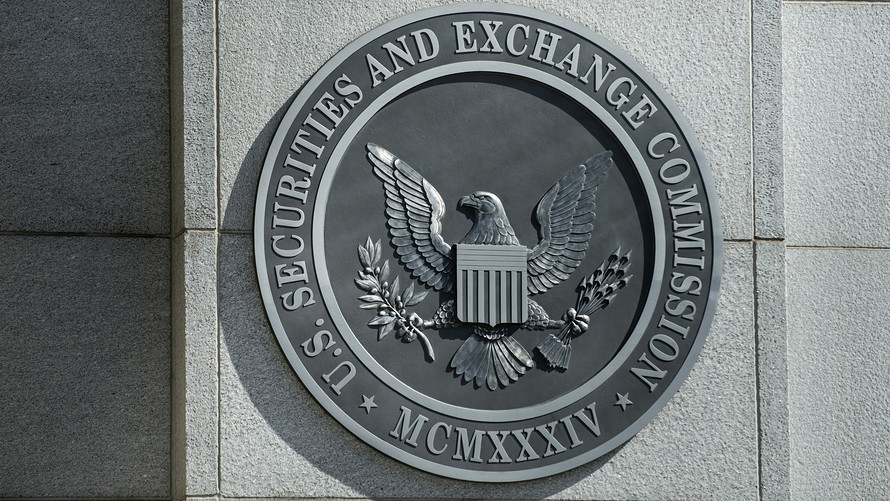
Utility tokens can be used to purchase services on a blockchain network, and they do not offer a financial stake in the underlying business or project. From this basic understanding of a utility token, it would put them outside the scope of the US Securities and Exchange Commission (SEC). Unfortunately, the SEC has previously confirmed that most ICOs for utility tokens should be regarded as securities under the Howey test. It is quite clear that many ICO participants buy tokens in the hope that the value will rise rather than using the token to purchase services on the network.
Ever since the SEC made their initial announcement, in July 2017, the crypto community has been concerned that bitcoin and ethereum could also be considered securities. As most ICOs use ERC20 tokens on the Ethereum network, there was potential for the SEC to close them all down. There are serious consequences for any promoters attempting to sell unregistered securities to US residents.
As reported by Crypto Disrupt on June 14, 2018, the SEC finally confirmed that they don’t consider bitcoin or ethereum to be securities. Although the announcement pushed up the price of all cryptocurrencies, it didn’t increase the price by as much as some pundits were expecting. This may have been due to the bears overshadowing the market since the end of 2017. Another reason for the fairly modest gains could be based on the SECs indication that many utility tokens are still considered to be securities.
According to the release by William Hinman, he emphasizes that “simply labeling a digital asset a “utility token” does not turn the asset into something that is not a security. I recognize that the Supreme Court has acknowledged that if someone is purchasing an asset for consumption only, it is likely not a security. But, the economic substance of the transaction always determines the legal analysis, not the labels. The oranges in Howey had utility. Or in my favorite example, the Commission warned in the late 1960s about investment contracts sold in the form of whisky warehouse receipts. Promoters sold the receipts to U.S. investors to finance the aging and blending processes of Scotch whisky. The whisky was real – and, for some, had exquisite utility. But Howey was not selling oranges and the warehouse receipts promoters were not selling whisky for consumption. They were selling investments, and the purchasers were expecting a return from the promoters’ efforts.”
The SEC decided bitcoin and ethereum are not securities, in part, because it considers them suitably decentralized. As decentralized networks, they feel that the success of the ecosystem is not controlled by a single entity, and therefore, is not a security. Most utility tokens are not decentralized to the level seen by bitcoin and ethereum, and this puts them at risk of SEC control. Projects considering an ICO for their utility token still need to be very careful and should obtain clarification from the SEC before releasing their whitepaper.
Part of the SEC announcement provided a list of questions that promoters should review before considering an ICO.
The SEC has stated that this is not to be considered an exhaustive list, but it provides a useful starting point for projects planning an ICO. The SEC might now take a more hard-line stance against the promotion of utility tokens already in circulation or any issued in the future.